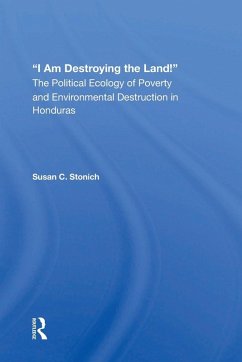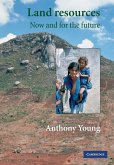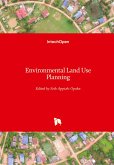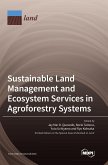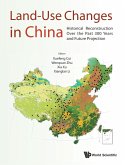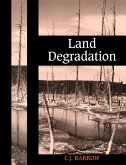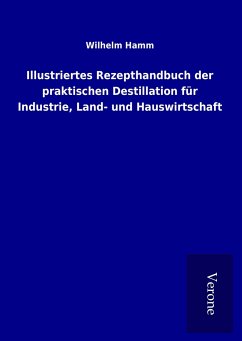This book is about interconnections-those among the historical, geographic, demographic, social, economic, and ecological aspects of development-as well as how Central Americans struggle with the interplay of increasing poverty and environmental degradation. Centering on the case of southern Honduras and expanding to include the Central American region, Susan Stonich's analysis employs an integrative approach that builds on a strong and varied methodological foundation to encompass both political economy and ecology. Stonich examines the systemic linkages among the dynamics of dominant development models and associated patterns of capitalist accumulation, regional demography, rural impoverishment, and environmental decline. By casting the discussion against the backdrop of southern Honduras, she presents a powerful historical record of how larger socio-political communities impact individuals and the natural environment and how, in turn, people respond. She charts the destiny of peasant groups within the dynamics of contemporary capitalism, recognizing that the fates of the peasantry and the natural environment are intimately linked. Stonich's study contributes to an improved understanding of the complex interrelationships between social processes and environmental degradation, offering a timely and pertinent comment on one of the most serious modern challenges
Hinweis: Dieser Artikel kann nur an eine deutsche Lieferadresse ausgeliefert werden.
Hinweis: Dieser Artikel kann nur an eine deutsche Lieferadresse ausgeliefert werden.

